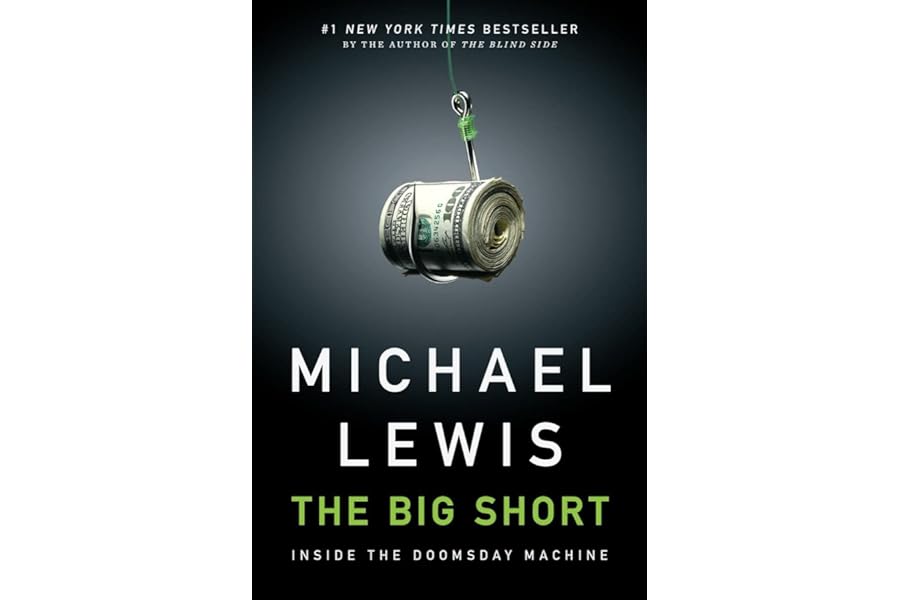One Sentence Summary:
A riveting account of the 2008 financial crisis and the handful of people who predicted and profited from the collapse of the US housing market.
Book Genre:
Non-fiction, investigative journalism
Main Topic of the Book:
The 2008 financial crisis and the individuals who recognized and capitalized on the impending collapse of the US housing market.
Key Ideas:
- The complexity and greed of the financial industry contributed to the collapse of the housing market.
- A small group of investors saw the potential for the market to crash and made risky bets against the housing market, ultimately profiting from the financial crisis.
- The lack of regulation and transparency within the financial industry allowed for fraudulent practices to flourish.
- The crisis was caused by a combination of factors including subprime mortgages, credit default swaps, and collateralized debt obligations.
- The effects of the crisis were felt worldwide, leading to the global recession of 2008.
Main Parts of the Book and a Short Summary:
- Introduction: The author provides an overview of the key players and events leading up to the 2008 financial crisis.
- Part 1- Burry: Discusses the story of Michael Burry, a hedge fund manager who discovered the flawed system of subprime mortgages and bet against them, ultimately making a huge profit.
- Part 2 – Eisman: Introduces Steve Eisman, a hedge fund manager who also recognized the instability of the housing market and bet against it, facing obstacles from the big banks and credit rating agencies along the way.
- Part 3 – Front Point Partners: Follows the story of Front Point Partners, a group of investors who also saw the potential for the housing market collapse and bet against it, while struggling against the skepticism of their own company.
- Part 4 – Cornwall Capital: Examines the story of two young investors who also predicted the collapse and made a huge fortune through their risky bets.
- Part 5 – Aftermath: Discusses the repercussions of the financial crisis and the impact it had on the individuals involved, as well as the global economy.
- Epilogue and Afterword: The author reflects on the aftermath of the crisis and the lack of consequences for those responsible.
Key Takeaways:
- The financial industry’s complexity and greed played a major role in the collapse of the housing market.
- A small group of individuals saw the potential for the crisis and made risky bets against the market, ultimately profiting from the collapse.
- The crisis was caused by a combination of factors including subprime mortgages, credit default swaps, and collateralized debt obligations.
- The lack of regulation and transparency within the financial industry allowed for fraudulent practices to go unchecked.
- The effects of the crisis were felt globally and led to a global recession.
Author’s Background and Qualifications:
Michael Lewis is an American author and financial journalist. He previously worked as a bond salesman on Wall Street before turning to writing. He is best known for his bestselling books on finance and economics, including “Moneyball” and “The Blind Side.” He also contributes to various publications such as The New York Times Magazine and Vanity Fair.
Target Audience:
The book would appeal to anyone interested in the 2008 financial crisis, the inner workings of the financial industry, and the individuals who predicted and profited from the collapse of the US housing market. It may also interest readers who enjoy investigative journalism and narratives about underdogs and outsiders.
Publisher and First Publication Date:
W. W. Norton & Company; March 2010

